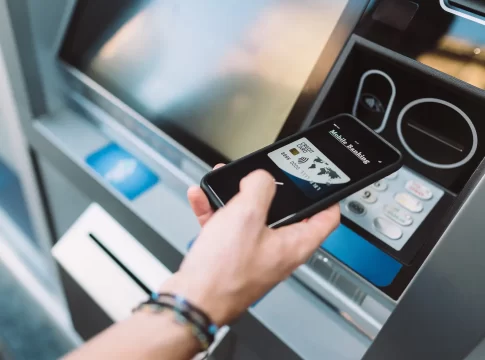As Egypt strides towards a cashless future, the recent launch of Apple Pay and the upcoming introduction of Google Wallet in 2025 mark significant milestones in the nation’s financial inclusion strategy. These advancements are integral to Egypt’s 2022-2025 plan to embrace contactless payment methods, reflecting a global shift towards digital financial solutions.
With Google poised to roll out Google Wallet across 22 countries, including Egypt, by January 2025, the nation braces for a transformative impact on its payment systems. “E-wallets are revolutionizing the way we conduct transactions, offering unparalleled convenience and security,” said Dr. Mona El-Shenawy, a financial technology expert at Cairo University. “The adoption of such technologies signals Egypt’s commitment to integrating modern financial practices.”
An e-wallet, or digital wallet, is a mobile app enabling users to store payment information, manage transactions, and facilitate both online and in-person purchases. The rise of these digital platforms in Egypt is fueled by increasing smartphone penetration, enhanced internet accessibility, and a societal push towards cashless transactions. Notable local and international players such as Fawry, Vodafone Cash, and now Apple Pay, dominate the market, providing robust alternatives to traditional cash methods.
Apple Pay’s official debut in Egypt has already transformed the payment landscape, enabling users to perform secure, contactless transactions. Its key features include the ability to pay at stores through a simple tap of an iPhone or Apple Watch, seamless online transactions, and integration within various apps for a streamlined checkout process. Partnering with major banks like Banque Misr, the National Bank of Egypt, and the Commercial International Bank (CIB), Apple Pay facilitates transactions without additional fees from these institutions, though Apple applies a 0.15% charge per purchase.
Meanwhile, Google’s impending launch of Google Wallet promises to further enhance Egypt’s digital payment ecosystem. Expected features include support for multiple payment methods, peer-to-peer payments, integration with Google services, and the absence of transaction fees, making it a compelling option for consumers and businesses alike.
The benefits of e-wallets extend beyond convenience; they also offer heightened security through encryption and biometric authentication, easy tracking of transactions for better budget management, and various promotional incentives such as discounts and cash-backs.
As digital payment solutions gain traction, the Central Bank of Egypt (CBE) has taken proactive steps to facilitate this transition. The CBE introduced regulations for payment card tokenization, allowing banks and service providers to enable contactless payments via mobile wallets including Apple Pay and Google Pay. In November, the CBE announced plans to implement a comprehensive card tokenization system by early 2025, further solidifying the framework for secure digital transactions.



